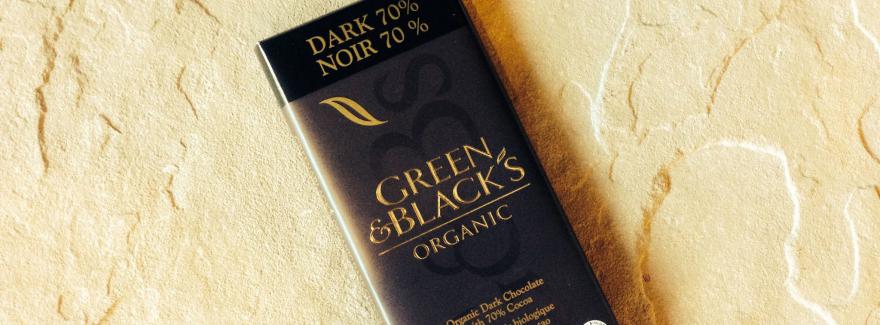
Are you in the mood for a philosophical discussion? I am!
I had a great chat with Dr. Jamie today. It was about strategies and requirements.
This is a concept we often talk about with Life By Design. There are basic requirements for sustaining proper function in our bodies. The actions we take on a daily basis are strategies that either satisfy some of our requirements or hinder our body’s ability to function. Or both.
That is a powerful thought. Everything either moves us towards a greater expression of health or towards disease.
So what exactly is a requirement?
The Merriam-Webster dictionary tells us that a requirement is “something essential to the existence or occurrence of something else.”
Great, so in the context of our bodies, there are certain things that are essential to the existence or occurrence of perfect function (health).
When it comes to nutrients, the human body requires fat, protein, and micronutrients to function optimally. Our bodily functions also require carbohydrates but we can manufacture them fairly efficiently out of fat and protein, so consumption of carbohydrates is not strictly required.
So what foods are required?
What if I told you... None.
There is no single food that is an absolute requirement.
It is not required that you eat steak. It is not required that you eat bacon. It is not required that you eat kale.
Food is not a requirement. Food is a strategy. The requirements are the nutrients found in the foods that we eat.
Our team of Life By Design Doctors often talks about specific foods and whether or not they are considered “By Design.”
Here is what we know:
Foods that are By Design are real foods (found in nature, minimally processed).
By Design foods satisfy some of our body’s nutrient requirements.
By Design foods have minimal toxic effects on the body.
So when we ask ourselves, is coffee a By Design food? Is dark chocolate a By Design food? Is a grain free cupcake a By Design food?
What we are really asking is: Is this food a good strategy to meet one or many of the body’s nutrient requirements? Does it introduce significant toxicity (in the form of inflammation or hormone dysregulation) to the body? How far is this food from a whole, natural state?
In the case of the cupcake, it may have some small amounts of micronutrients, protein and fat. More than likely, it has a significant amount of sugar, which does have a significant toxic impact on the body. Lastly, a cupcake is pretty far away from anything you would find in nature. Final ruling: Not By Design.
You may be wondering what the last criteria have to do with requirements. Who really cares what form the food is in if it has nutrients and is not toxic?
This is important because the form of our food massively influences our digestion.
The structural components of real foods require chewing and mechanical digestion. This process is necessary for neurological feedback to the brain that controls all of our digestive machinery as well as our hunger and satisfaction signals.
When we take foods and mill them into powders, blend them into shakes or juice them and throw out the fiber and cellular structures, we are causing a break down in the traffic signals of our digestive highways.
Never forget that you are not what you eat. You are what you digest.
Your body needs appropriate neurological cues to have accurate intestinal movement, enzyme release and hormone function.
Great nutrition is not a matter of super foods. It is a matter of filling your requirements and consuming foods in a form that your body knows how to handle.
Blueberries are not good for you because they are blueberries. They are good for you because they have vitamins, minerals, and antioxidants and are whole, real foods. When you eat them, your body knows how to digest them and can use the nutrients to fill some of your requirements.
Make sense?


